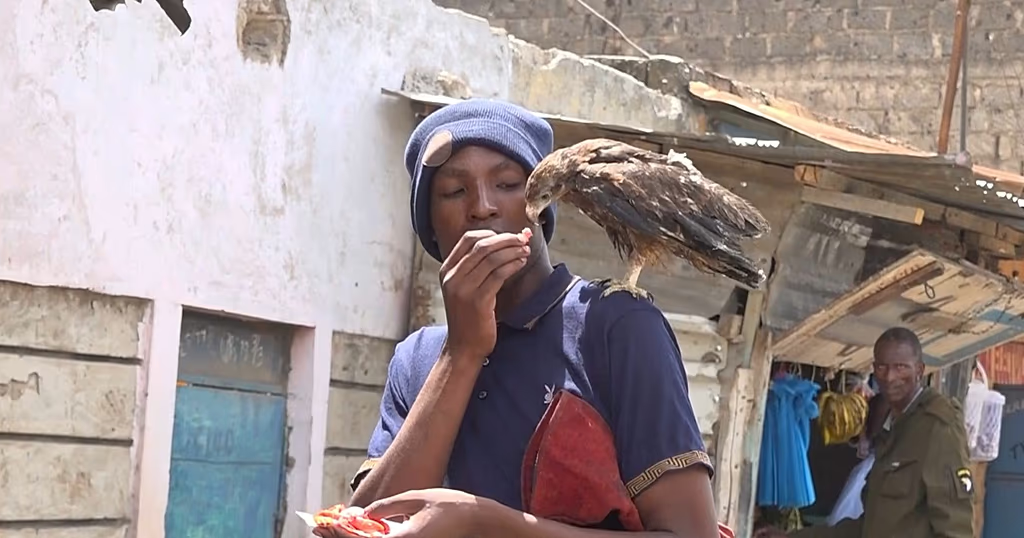West African nations have been grappling with the most severe diphtheria outbreak ever witnessed on the continent, and Médecins Sans Frontières (MSF) stresses the crucial need for all stakeholders to intensify their vaccination and treatment initiatives to combat this pressing issue.
Nigeria, where the initial instances of diphtheria were reported in December 2022, is currently battling the largest outbreak, with nearly 17,000 suspected cases recorded. Nonetheless, other countries including Algeria, Guinea, Mauritania, and Niger have also confirmed diphtheria cases. Medical teams from MSF in several West African countries have encountered patients exhibiting symptoms synonymous with the disease.
Protection against diphtheria, a potentially fatal bacterial infection, is usually provided through routine vaccination programmes. However, many countries have significantly suffered from inadequate funding and de-prioritization of these vaccination efforts.
Dr. Dagemlidet Tesfaye Worku, MSF’s emergency medical program manager, has expressed concern over the insufficient scale of vaccination, emphasizing the urgent need for a substantial escalation of vaccination efforts. Additionally, he pointed out that the recurrent measles outbreaks in recent years were indicative of the inadequate reach of routine vaccinations, and the emergence of diphtheria heightens the level of concern.
Ensuring that individuals are up to date with their vaccinations is essential. Regrettably, only Nigeria has initiated a vital large-scale vaccination campaign so far. Shockingly, 65% of diphtheria patients in West African countries have never received a single dose of the vaccine. In parts of Nigeria, the vaccination coverage is as low as six percent, while in other areas, it ranges between 10 and 18%. Consequently, many people, particularly young children, are highly susceptible to the resurgence of vaccine-preventable diseases.
It is estimated that 30 to 40 percent of diphtheria patients may succumb to the disease without proper treatment. The scarcity of a specific anti-toxin drug called DAT has also raised concerns, exacerbating the risk of fatalities in diphtheria patients. Furthermore, the sudden surge in demand for diphtheria vaccines due to the ongoing outbreaks has led to global shortages, and manufacturers will require several months to meet the heightened demand.
Vaccination is a pivotal tool for controlling outbreaks and preventing the resurgence of other vaccine-preventable diseases. Dr. Tesfaye Worku emphasized the crucial need for a substantial increase in the production of diphtheria-containing vaccines as an urgent priority.
MSF has called for authorities to prioritize outbreak response and seek essential support from international stakeholders and donors. International health organizations, such as the World Health Organization, GAVI, and UNICEF, are urged to extend technical and financial support to the affected countries and ensure an adequate supply of vaccines. The involvement of humanitarian organizations is also essential to upscale the response and conduct mass vaccination campaigns, especially in remote and vulnerable communities.
In summation, combating the current diphtheria outbreak requires a collective and colossal effort from all stakeholders. Unless vaccination efforts are significantly amplified, the situation will continue to deteriorate, resulting in further loss of lives.



